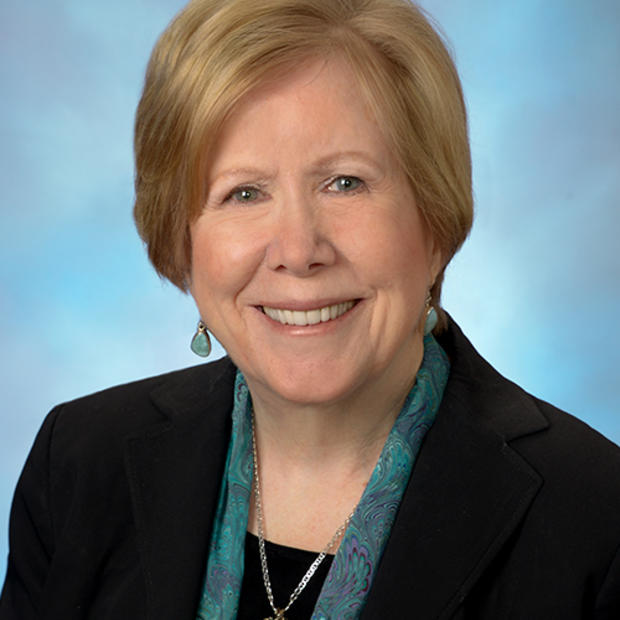It’s hard to imagine anything more quintessentially Northwest than the Southern Resident Killer Whales that call Puget Sound home — with the exception of salmon, which the Orcas depend on for survival. To be sure, we have coffee and grunge rock but nothing is more inspiring or majestic than an Orca coming up for air with the Seattle skyline and Cascade Mountain Range in the backdrop.
Perhaps it’s the fact that these iconic mammals live in such close proximity to our contemporary world that makes us feel so responsible for their well-being and livelihood. I certainly do and I’m not alone.
Like so many others, I was heart-broken as I watched an Orca mother carry her deceased calf with her for weeks this past summer and when a juvenile Orca named Scarlett died from starvation. Tragically, not one calf has survived in the past three years.
Something is obviously wrong and we must take action now.
I was excited to read the recommendations of Gov. Jay Inslee’s Southern Resident Task Force that if implemented collectively have the potential to save Southern Residents from extinction and rejuvenate their population.
I’m eager to see what the governor includes in his budget proposal on Thursday, as the majority of the task force’s recommendations require state legislative action to be implemented.
However, that doesn’t mean the rest of us at the local level should just hurry up and wait. In order to pull this off, it’s going to take an enormous effort from businesses, local governments, scientists, advocates, and others to reverse course.
At King County, we are also doing our part. Our recently adopted King County budget includes funding I secured to investigate the impact wastewater effluent has on marine life in the Puget Sound, including Southern Resident Orcas and their prey.
On an average day, King County’s West Point Treatment Plan treats more than 130 million gallons of combined wastewater and stormwater runoff. At peak levels, it treats more than 440 million gallons per day.
The treatment process deals primarily with domestic waste, while the industrial waste pretreatment process addresses toxins that harm the biological process of secondary treatment.
Additionally, wastewater treatment facilities are required to assure that their discharges do not result in violation of state water quality standards for the accumulation of toxics in fish tissue. However, these standards are specific to human health and do not address the impact of toxic accumulations specific to marine species independent of human health. As such, they do not concern themselves with the accumulation of persistent toxics in fish or mammals not consumed by humans.
While there have been some studies suggesting sewage treatment facilities might be contributing to a reduction in juvenile salmon in our waters, there are significant unknowns as to why that is. And no study has utilized bioaccumulation modeling to collect information specific to King County’s wastewater treatment facilities — the largest wastewater system in the state.
The study, which will be carried out by a contracted third party researcher, will be designed to determine whether undiluted wastewater effluent represents a toxic influence on Puget Sound marine organisms, including Orcas, and the food chain of marine species on which these whales depend on for food. It will also evaluate and describe potential new technologies that could be implemented at wastewater facilities to significantly limit or control discharges into the Sound.
My hope is this study will work in concert with the Governor’s Task Force recommendations. The Legislature should act urgently to get the ball rolling.
In the meantime, local jurisdictions should comb the task force’s report and find ways to fill in the gaps. For too long, we’ve taken our beautiful Orcas for granted. Now it’s time for all hands on deck to make sure these majestic mammals are hunting and thriving in our waters for generations to come.



